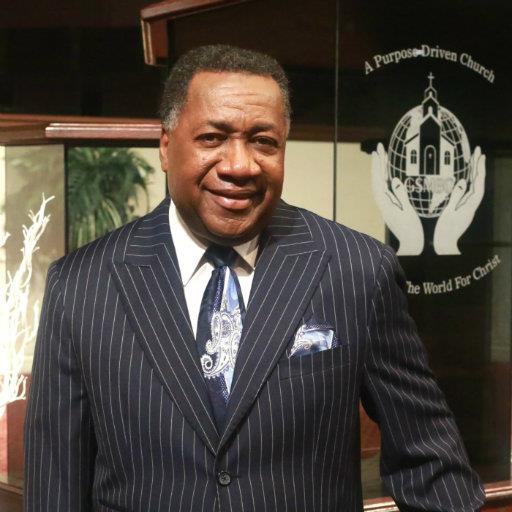The Foundation of Forgiveness
The kingdom of heaven may be compared to a king who wished to settle accounts with his slaves. When he had begun to settle, one who owed him ten thousand talents was brought to him. He did not have the means to repay, his lord commanded him, his wife, children and all that he had, be sold and repayment be made. So, the slave fell before him, saying, `Have patience with me and I will repay you everything.' The lord of that slave felt compassion, released him and forgave him the debt. But that slave went out and found one of his fellow slaves who owed him a hundred denarii; he seized him and began to choke him, saying, `Pay back what you owe.' So, his fellow slave fell and began to plead with him, saying, `Have patience with me, I will repay you.' But he was unwilling, went and threw him in prison until he should pay what was owed. So, when his fellow slaves saw this, they were deeply grieved and reported to their lord all of this. Then summoning him, his lord said to him, `You wicked slave, I forgave you all that debt because you pleaded with me. Should you not also have had mercy on your fellow slave, in the same way that I had mercy on you?' His lord, moved with anger, handed him over to the torturers until he should repay all that was owed him. My heavenly Father will also do the same to you, if each of you does not forgive his brother from your heart." Matthew 18:23-35
For followers of Christ, the goal is to become increasingly like Him, and one of the best ways to reflect His character is through forgiveness. Yet sometimes this is a quality we are reluctant to demonstrate because it seems so unfair, especially if the wrong done to us is ongoing or particularly painful. To forgive appears to diminish the offense and counteract justice.
Let’s correct several misperceptions about this aspect of our faith:
The foundation for our forgiveness of others is God’s forgiveness of us. Today’s passage contains a parable in which a man is forgiven a sum too exorbitant to repay. Yet he turns around and demands immediate payment from someone who owes him a small amount. That’s what we are like when we think others’ wrongs against us must be avenged even though God has forgiven us.
Unforgiveness torments us, not the wrongdoer. It’s a caustic poison within us that corrupts our emotions, stunts us spiritually, and stresses our bodies. When we don’t release the offender, we end up imprisoned in bitterness, resentment, and hostility—and that is sin.
Forgiveness doesn’t negate the wrong done to us. It doesn’t deny the offense or the resulting pain but let’s go of the right to get even. Vengeance is God’s responsibility, not ours (Romans 12:19). We don’t have all the facts, nor can we know the offender’s true motive. Only God can judge accurately and fairly.
When Jesus suffered the ultimate injustice of the cross, He entrusted Himself to the Father (1 Peter 2:21-24). Can you follow His example and trust God with wrongs done to you?
Listen to Dr. Michael W. Wesley Sr. on OnePlace.com
Watch Dr. Michael W. Wesley Sr. on LightSource.com





